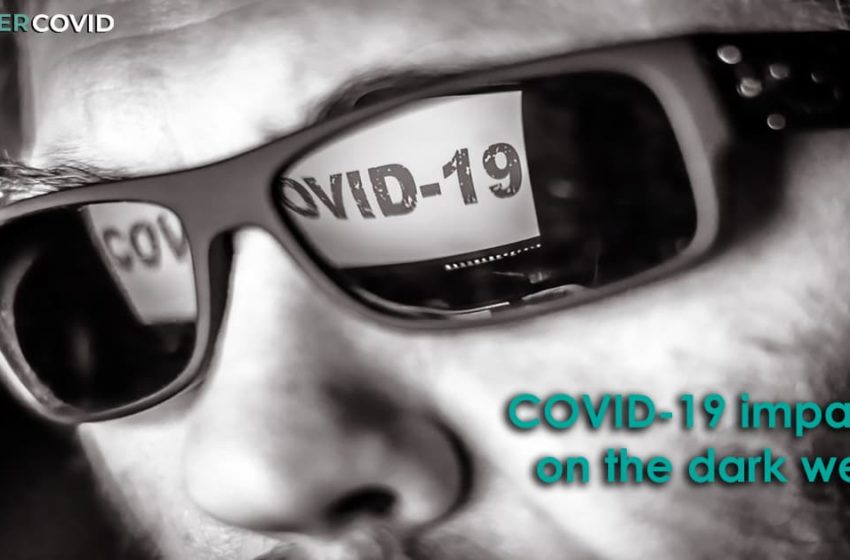There has been an increase in activities and scams on the dark web due to coronavirus. The dark web has been active since the time the Internet came into prevalence. The current rise could be because most people are spending their time in isolation.
Before the pandemic, the dark web focused on money laundering, pornography, narcotics, etc. Now, the dark web has spread its wings into exploiting the possibilities of Covid-19.
There has been a dark web promotion in the pandemic. It is because many are trying to explore different ways to make money.
As per Sixgill, there has been a 44% increase in dark web users during the covid pandemic. Due to this growth, there is also a rise in crime rates. Countless criminal activities are taking place on the dark web. They range from phishing to fraudulent sales.
The dark web is exploiting the increase in demand for PPE kits, masks, and now, vaccines. Lack of availability of essential items is driving people to trust these fraudulent sales practices.
A few months back, many people received emails from fake WHO and CDC ids with malicious files. Their focus was to acquire personal information from these users. Most scammers focused on obtaining credit card details from people to steal money.
